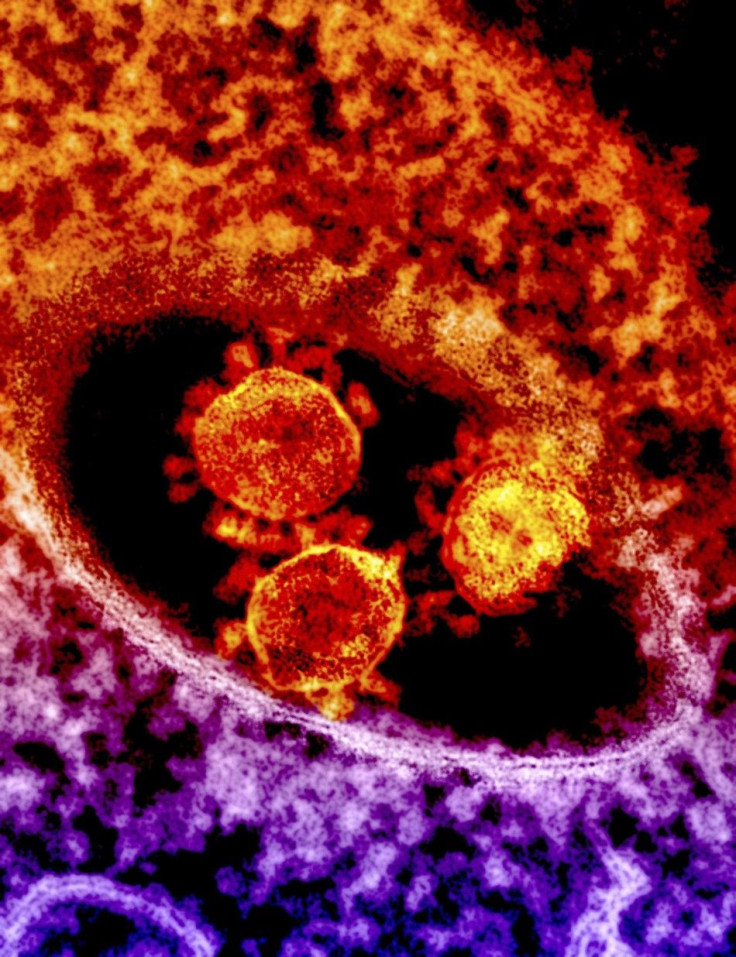Islam Ramadan: Haj Seasons at Risk Due to Rising MERS Virus Cases in Saudi Arabia

The Government of Saudi Arabia has further intensified its monitoring efforts against cases of the dreaded Middle East respiratory syndrome coronavirus (MERS-CoV). It recently detected 18 more people who contracted the potentially deadly disease.
The country is particularly worried that a massive spread could rise from July to October when it hosts millions of foreign pilgrims during Islam's fasting month of Ramadan and the annual Haj pilgrimage, respectively.
The new MERS-CoV cases were detected in the capital Riyadh, the coastal city of Jeddah, and the holy cities of Mecca and Medina, Saudi Arabia's health ministry said on its Web site. The patients were adults aged 26 to 68. Five were women, while two were men.
The ministry also reported three have earlier died from the disease, raising the total tally to 115 in Saudi Arabia alone since 2012. The latest data brought the total confirmed cases to 414. Many of those affected were foreign health workers.
Since the virus emerged in 2012, countries such as Qatar, Kuwait, the United Arab Emirates, Oman and Tunisia, along with several European countries reported incidents of MERS-CoV cases.
Read: Cure or Vaccine for MERS-CoV Virus May Already Be Near; Camels Found to Be Culprit Carriers of Disease
Meanwhile, Egypt said it was investigating whether the death of a 60-year-old woman had anything to do with MERS-CoV.
The U.S. in the previous week revealed its first confirmed MERS-CoV case in a man who had recently been in Saudi Arabia. In his 60s, the male patient was reportedly having improved condition.
"The hospital has begun working on discharge plans for the patient, who is expected to be released to home isolation in the coming days," officials from the Community Hospital in Munster, Ind. said in an e-mailed statement.
"He will remain in home isolation until he is cleared by the Indiana State Department of Health (ISDH) and Centers for Disease Control and Prevention (CDC) as no longer an infectious risk to the public."
Some 50 hospital workers were placed in home isolation upon orders of the U.S. Centers for Disease Control and Prevention after having contact with the infected man. The U.S. agency is also working to identify the people that the infected man may have direct contact with while on the same airplane and bus as will ask them to get checked to ensure they're not infected.





















